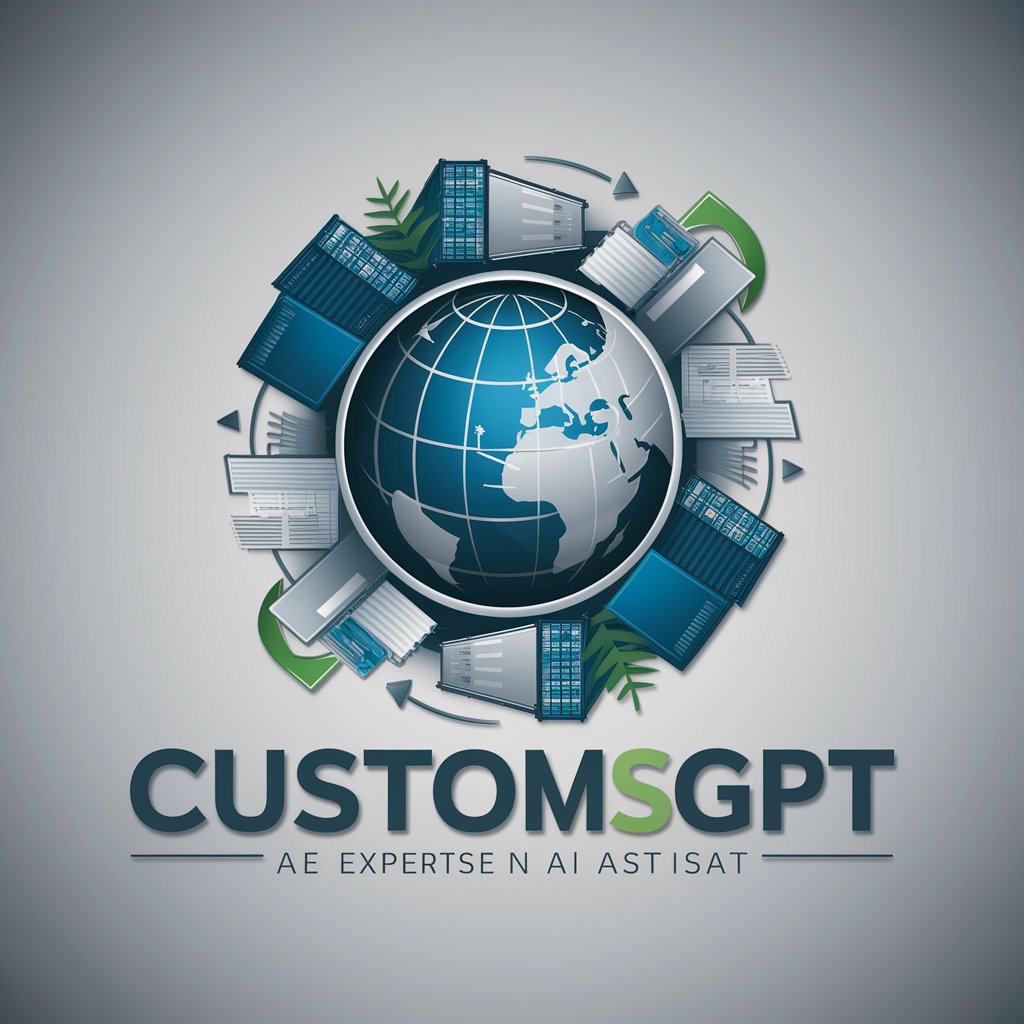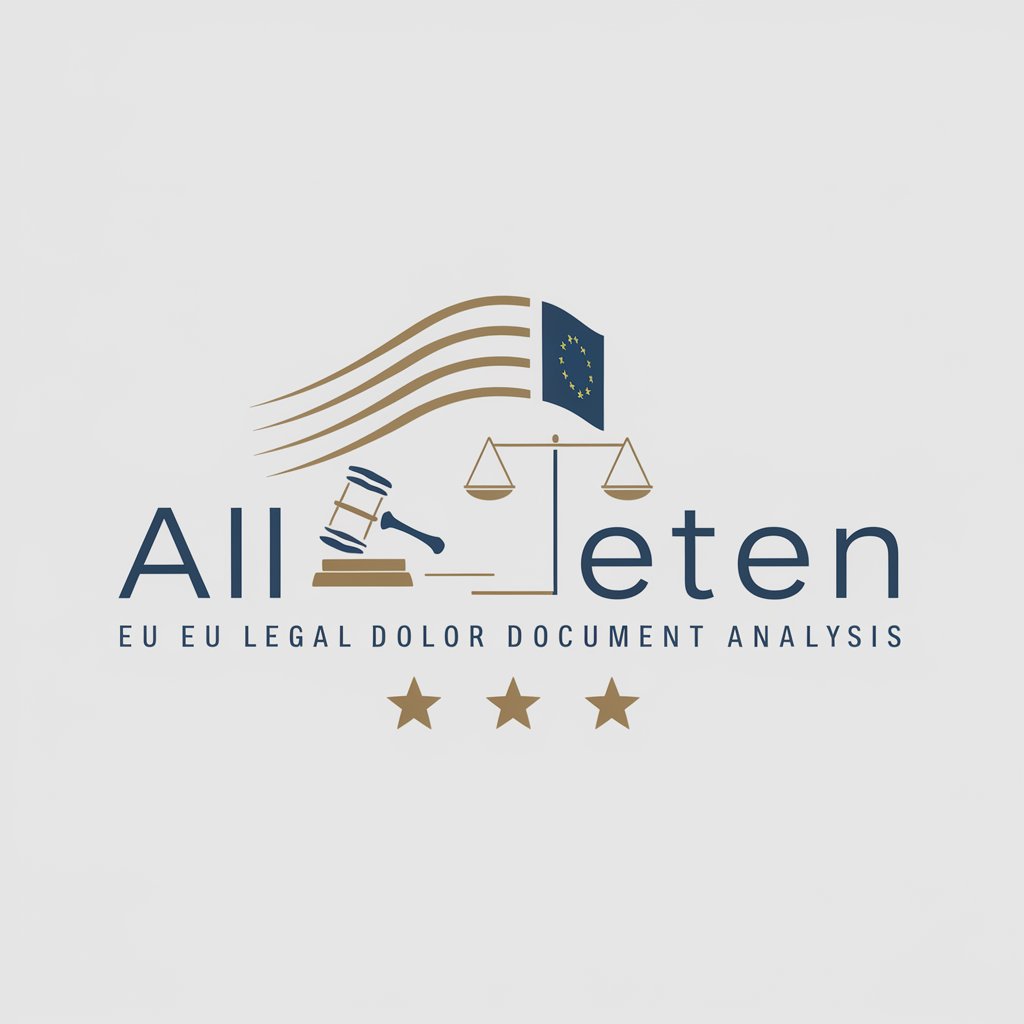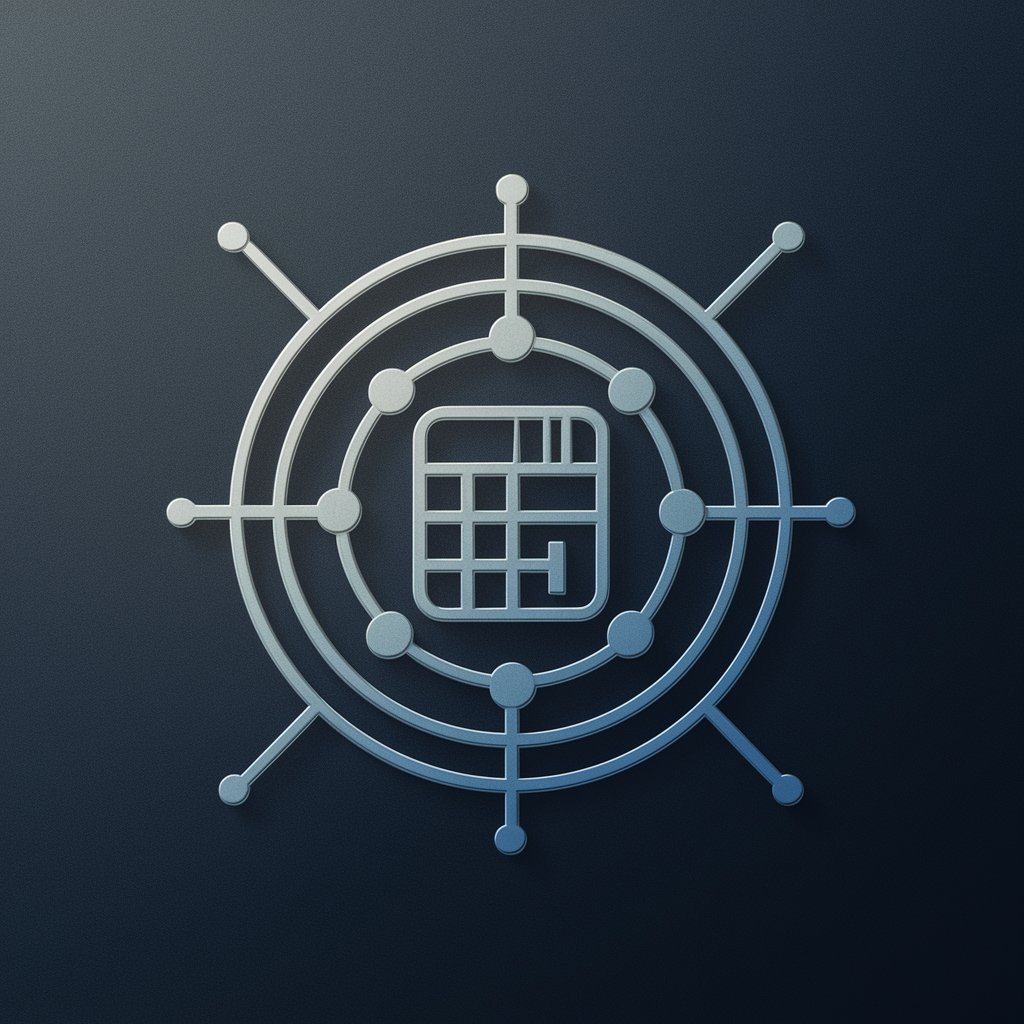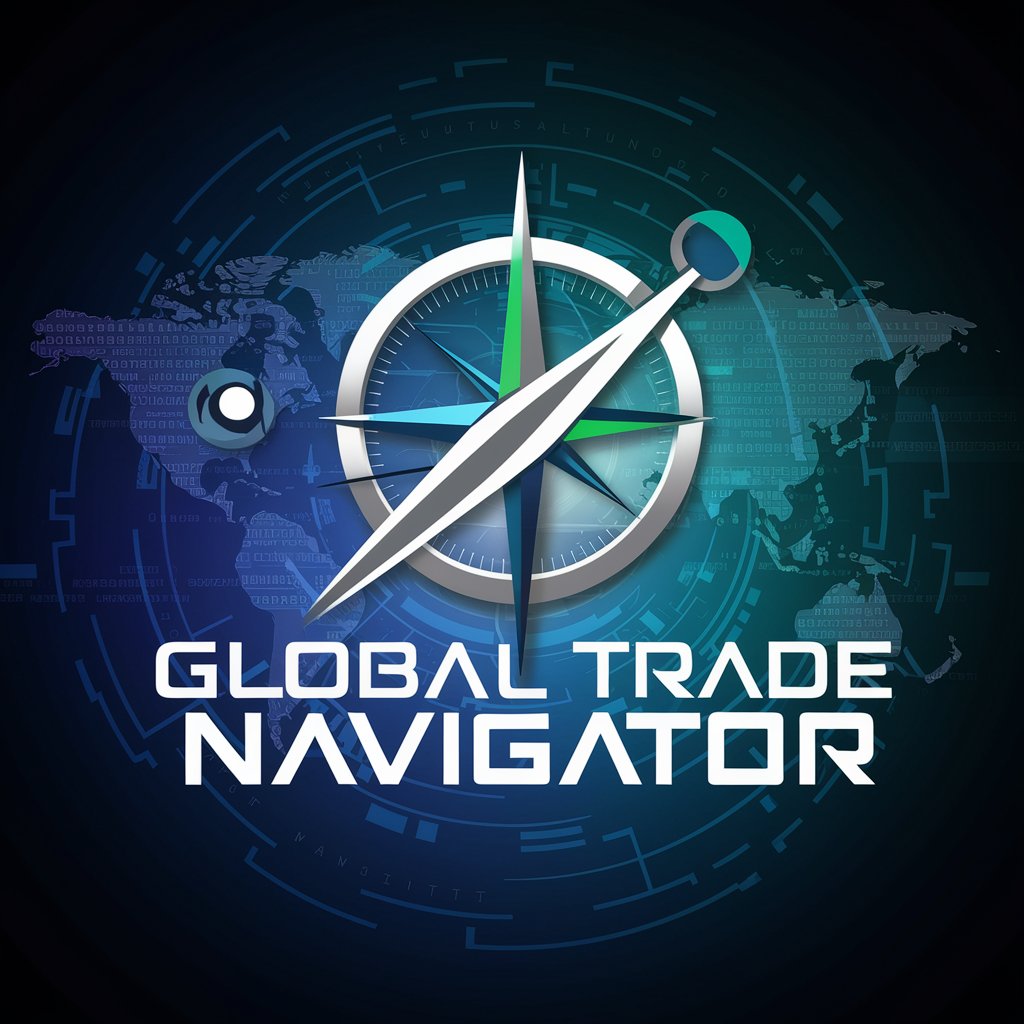
Duty GPT: Trade Agreements Navigator - Customs Duty Calculations

Hello
Navigate Trade Agreements with AI
Hi! I'm Customs-GPT, please give me your product's HS Code, Origin & Final Destination
Get Embed Code
Duty GPT: Trade Agreements Navigator - Overview
Duty GPT: Trade Agreements Navigator is a specialized AI tool designed to streamline the process of navigating complex international trade regulations, customs duties, and the application of free trade agreements (FTAs). By leveraging detailed databases of the Harmonized System (HS) codes and extensive knowledge of global trade agreements, this tool provides precise customs duty calculations, identifies potential duty exemptions, and suggests optimization strategies for import/export operations. It is engineered to assist businesses, traders, and logistics professionals in making informed decisions, thereby facilitating smoother and more cost-effective international trade transactions. An example application includes identifying the most favorable FTA for importing a specific product from one country to another, taking into account the product's HS code, material origins, and the countries' participation in various trade agreements. Powered by ChatGPT-4o。

Core Functions and Real-World Applications
HS Code Determination
Example
Determining the HS code for a new, innovative solar panel.
Scenario
A manufacturer looking to export solar panels needs to classify them accurately under the HS to understand applicable tariffs. Duty GPT analyzes the product description and assigns the correct HS code, enabling precise duty calculation.
Customs Duty Calculation
Example
Calculating duties for importing organic coffee beans into the EU from Colombia.
Scenario
A coffee importer needs to know the customs duty for importing organic coffee beans. Using the HS code and considering the EU-Colombia Trade Agreement, Duty GPT calculates the duty, potentially reducing it to zero.
FTA Optimization
Example
Optimizing trade between Japan and Canada using the Comprehensive and Progressive Agreement for Trans-Pacific Partnership (CPTPP).
Scenario
A Japanese electronics company wishes to export to Canada. Duty GPT identifies that both countries are CPTPP members, analyzes the electronics' eligibility, and advises on documentation, reducing or eliminating tariffs.
Target User Groups
International Traders
Businesses and individuals engaged in importing/exporting goods across borders. They benefit from Duty GPT's capabilities in navigating trade regulations and optimizing duties through FTAs.
Logistics and Customs Brokers
Professionals specializing in the logistics of international trade, including customs clearance. They use Duty GPT to ensure accurate classification, duty calculation, and compliance with trade agreements for their clients.
Trade Compliance Managers
Individuals responsible for ensuring their company's trade operations comply with international laws and agreements. They leverage Duty GPT for up-to-date information on tariffs and to strategize import/export operations efficiently.

How to Use Duty GPT: Trade Agreements Navigator
1
Begin at yeschat.ai for an introductory experience without needing to log in or subscribe to ChatGPT Plus.
2
Provide the Harmonized System (HS) code, origin, and destination of the product for precise customs duty calculations.
3
If the HS code is unknown, describe the product for assistance in HS code determination.
4
Utilize the provided information to explore customs duty exemptions under various free trade agreements.
5
Review the calculated duty costs or guidance on reducing them, considering the specifics of the trade agreements mentioned.
Try other advanced and practical GPTs
CoDpedia
Unlock the secrets of Call of Duty with AI-powered insights.

Import Duty Calculator
AI-powered Duty Calculation Simplified

DutyFree
Simplifying global trade with AI-powered classification

Everything on Signals and Systems
Unlocking the Complexity of Signals and Systems with AI
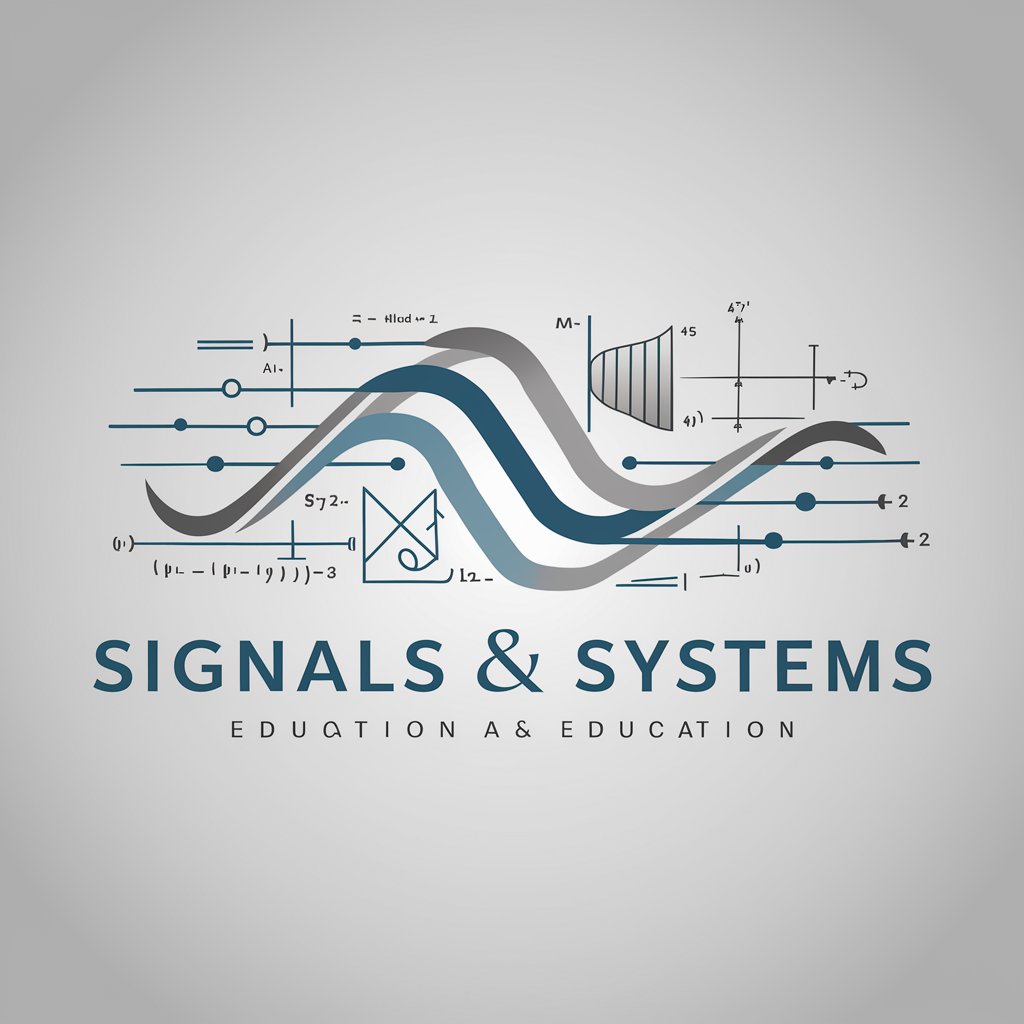
Lightpaint Everything
Illuminate Your Words with AI

Pivot_GPT() Everything
Transform Data Seamlessly with AI

Simple Science Bot
Simplifying science, one question at a time.

Heavy Duty Helper
Powering Progress with AI-Driven Heavy Machinery Insights

Roster Wizard
Automate Fair Scheduling with AI

mj提示词
AI-Powered Visual Inspiration

提示词撰写
Elevate Your Content with AI

提示词捕手
Elevate Your Prompts with AI

FAQs about Duty GPT: Trade Agreements Navigator
What information do I need to use Duty GPT effectively?
You need the product's Harmonized System (HS) code, and the origin and destination countries to calculate customs fees accurately. Without an HS code, a product description will suffice for code determination.
Can Duty GPT identify exemptions under free trade agreements?
Yes, it analyzes international databases to identify customs duty exemptions available under various free trade agreements, utilizing specific qualifying criteria for each.
How does Duty GPT handle products without an HS code?
It assists in determining the HS code based on a detailed description of the product, facilitating accurate duty calculation and identification of applicable trade agreements.
Can Duty GPT advise on reducing customs duties?
Yes, it provides detailed strategies for potentially reducing customs duties to zero by leveraging material origins and less common agreements like the PAN-EURO-MED convention.
Does Duty GPT account for regional trade agreements?
Absolutely. It considers pertinent regional trade agreements involving the countries in question, such as Mercosur, the Arab League, and the EU, for comprehensive duty analysis.
